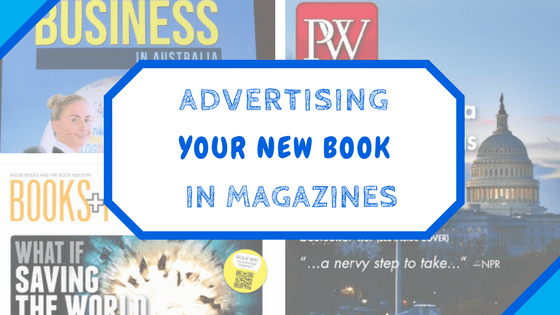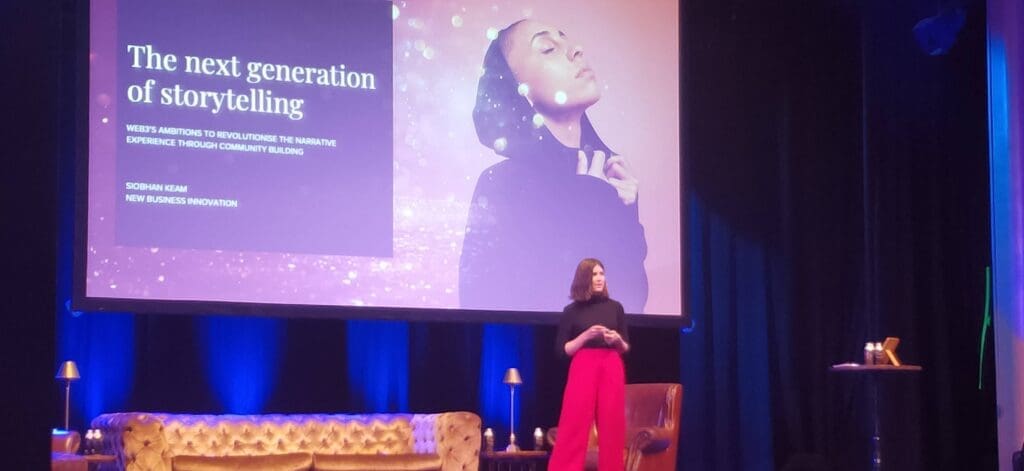The Writers Guild of Great Britain and ASA recently surveyed 204 UK writers who were independently published. Findings made for sober reading. For instance, 59% of authors were not satisfied that their paid hybrid publisher did enough to get sales or interest in their book.
And monetary losses were heavy; 94% of authors surveyed lost money on hybrid / paid for publishing contracts. (Around half of respondents chose this publishing type). There was a median loss of £1841 each, although there was a broad range.
It would be extremely interesting to gain similar insight into Australian author experiences. I personally have heard of a $20,000 publishing loss, along with other losses on website design.
In the report ‘Is it a steal?‘, the Writers Guild concluded that “of all the publishing approaches available, a ‘hybrid’ / paid-for deal is the worst option a writer can take.” From member experience and the research, they continued, “hybrid / paid-for publishing deals do not result in enough sales or exposure to justify the payment by the author.”
There were three main hybrid publishers targeting UK citizens. One, Austin Macauley, is dubious because they are known for letting authors think they are a traditional publishing house during the submission process.
What is the difference between hybrid and self-publishing?
“Hybrid’ / paid-for publishing deals should not be confused with self-publishing. Writers can self-publish at very little cost to themselves, but even if they pay a self-publishing service provider to edit, design, produce and market their book, the rights will remain with the writer. The writer receives all profits after the sales platform or distributor takes its cut and can extract themselves from the agreement at any time. Such service providers are funded by payments agreed, and preferably negotiated, with the author. “
(Explained by WGGB and ASA, UK)
The in-depth research report also mentioned aggressive marketing tactics, unclear contracts and unfair consumer practises from some subsidy publishers.
Hybrid publishing, subsidy publishing or assisted author services, need a fine scrutiny – to ensure the rights and royalties taken by them don’t make you a regretful kitten. One Australian author’s book was not even displayed in the Amazon Au store as those setting up the account did not select AU rights and AU marketplace. This is after a good deal of money was handed over.
You can join your local Author Society (ASA) if you are concerned about rights and keep up with industry updates.

Marketing can also be costly. I noticed before that Balboa P. charged $3,100 for Ingram magazine ads which would cost you $270 to buy directly through the IngramSpark website. They have taken that page down and now offer Ingram supplement advertising at high rates.
Balboa charges $1,099 for a book metadata check and improvement service – something I could help you with for $150. I provide education too. Updated book metadata does improve your book discoverability, but it is not going to do a lot to improve sales without any reach-out campaigns to go with it.
If you’d like a demonstration of our Book Creation Success course, please contact Jennifer.
The Inside Skinny on Book Advertising
You might have heard of promoting your book through Facebook ads, Amazon Ads, and also sites like BookBub. This is paying to sell books through clicks on a cover image. However, there is some evidence that this may not help amateurs to marketing.
According to 105 authors surveyed by Writing for a Living, mainly novelists, 60% thought that paid Facebook Marketing wasn’t worth it, with another 20% not sure.
If you intend to place ads, you should get a professional advertising consultant and ideally have a plan to capture emails.
Another thing that does not work is spruiking your book promos in author or book Facebook groups. (If you run your own group or the group is all made up of friends, that is not the same).
Instead, traditional book publicists for business authors target:
- Print – magazine and newspaper
- Broadcast – TV and radio
- Online outlets – e.g. Entrepreneur, Foundr, Dynamic Business, Business Insider, etc
- The author’s local media – eg. Local free magazines, guides, newspapers and leagues clubs’ newsletters.
“Bylined articles are often important when promoting business experts. The author writes articles about a topic related to the book. It can be a “how to,” “top five tips,” or case study where the author showcases how his ideas and expertise.”
– Smith Publicity
The goals of gaining book publicity are to:
- showcase the author’s knowledge or experience,
- get speaking spots,
- highlight success of their business, and
- create the awareness that might spark book sales…
Do you see how this differs to outright advertising of a book?








